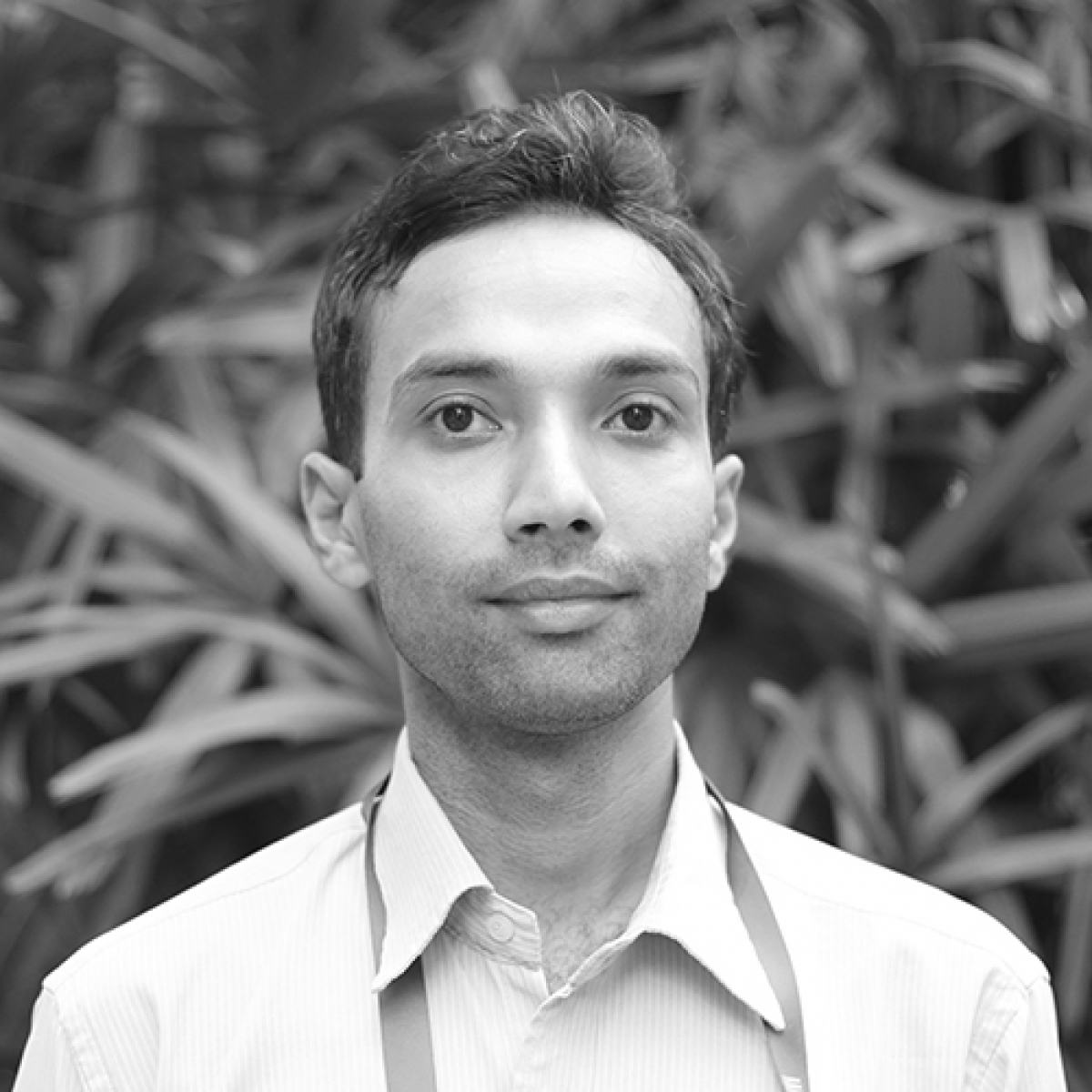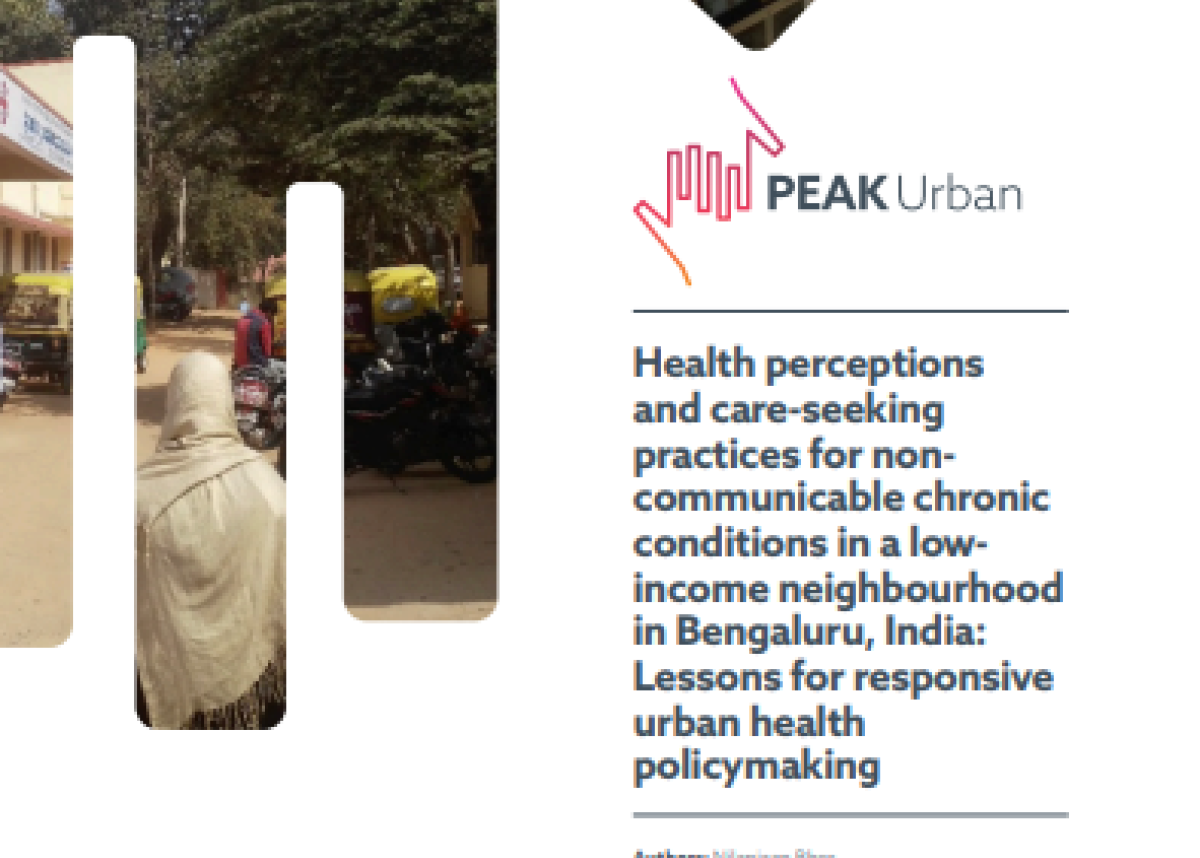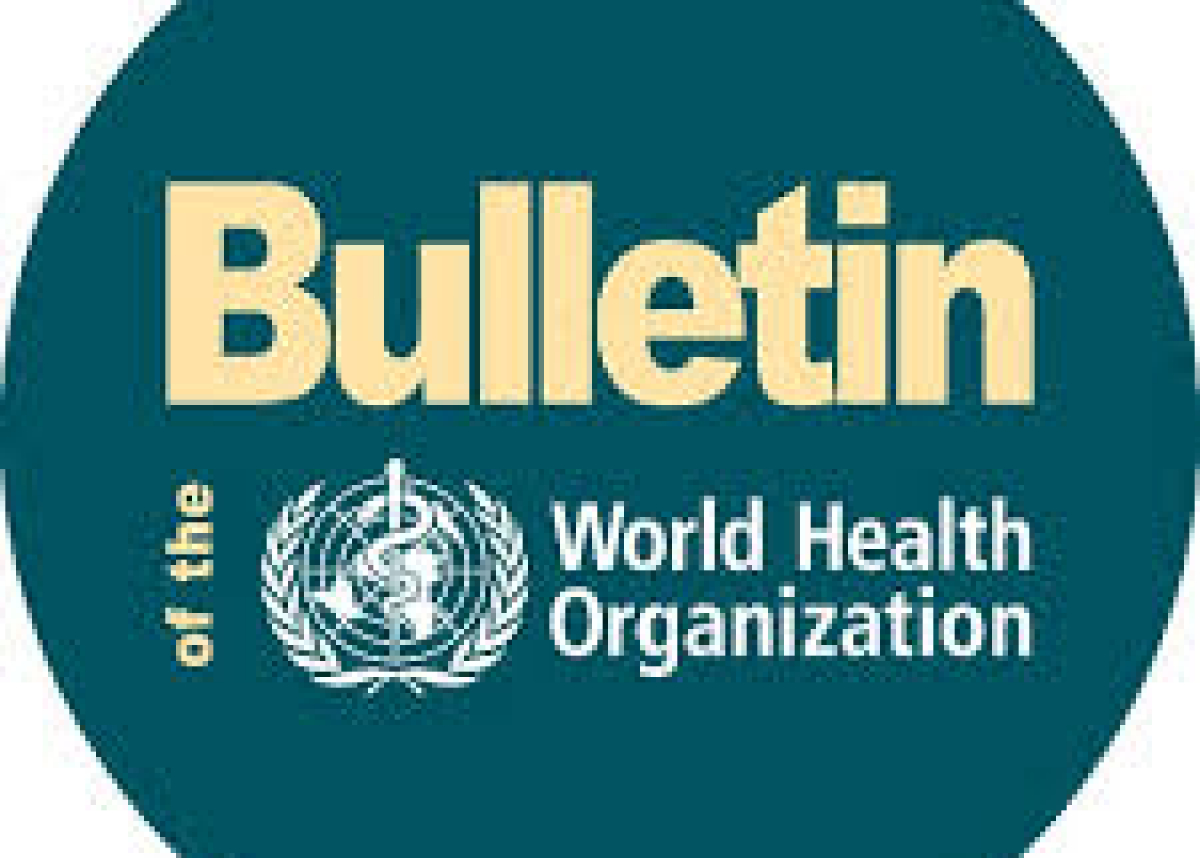
THE CHALLENGE
India is experiencing an epidemiological transition, with chronic and infectious diseases both causing significant mortality rather than one replacing the other. Urban areas, however, have experienced an increasingly clear shift to non-communicable diseases (NCDs). We do not know how this transition is playing out in large metropolitan regions, or whether the balance between NCDs and infectious disease shifts when contextualised in marginalised urban populations marked by income and socio-cultural vulnerabilities.
Additionally, public health systems are organised very differently in urban and rural areas, with the latter being far more developed at the primary level though some large urban areas do better with tertiary care. We do not know why this difference seems to be deepening, and whether it marks a pattern among income-poor urban residents.
Finally, there is a need to explore variations within urban health systems along non-epidemiological vectors, namely spatiality, the nature of employment, and gender. Informal, gendered employment is the norm rather than the exception, yet connections between these urban phenomena and the health system have been under-appreciated. One of the key goals of this project is to address this gap and its implications both for health systems and the socio-economic development of households.
OUR APPROACH
This project locates and urbanises the question of the current state of the epidemiological transition in India and seek comparatives across the global south. Part of the issue within large cities in India is that there is tremendous difficulty of accessing data at sub-city scales. Even wards, which are often the smallest units at which data exists within a city, can hold over 150,000 people. Metropolitan scale urban health systems therefore are compromised because of an inability to understand health profiles, care-seeking and systems at a neighbourhood scale, arguably the most appropriate scale for primary care.
This project approaches the question of metropolitan health systems through the intersections of these three entry points. It focuses on:
-
The design and efficacy of urban health systems, particularly primary care in urban areas
-
The relationship between health outcomes, social protection and informal employment, with a particular focus on women workers in the informal economy
-
The prevalence, character and management of non-communicable disease and important infectious diseases among low-income households in Indian cities, with a focus on the impact of care-seeking on the social and economic status of households.
LATEST DEVELOPMENTS
The project so far has entered into fieldwork in two low-income urban communities in Bangalore, where we are following about forty households for the next year. Within these families, we are curating health histories, i.e. specifically curated oral histories on health and care-seeking for non-communicable disease among low income households. We intend to follow these families for a year, thereby creating an extended archive of care-seeking behaviour intended to inform not just health systems research but also nuance understandings of the dual burden of disease. Methodologically, we believe that leveraging ethnographic methods within health is key to complement epidemiological data that is currently the mainstay of health systems design and, we argue, insufficiently attentive to the determinants of care-seeking. While COVID-19 has temporarily halted fieldwork, we hope to return to long term ethnographic surveillance of these households later this year in order to specifically understand how low income urban households manage, perceive and respond to the needs of chronic care.
On the second track of our work — understanding the intersection of health and informal work - we remain deeply engaged with unions of domestic workers in thinking through the ways in which conditions of work impact health status. Our team wrote recently that the intersections between urban health and informal work remain a blindspot in public health research, and we have argued in various public fora (listen here, here, and here; and read here, and here) that COVID-19 has focused our attention on the gaps in public health paradigms as well as practice in understanding the contexts of informal workers and migrant workers in urban areas.
People









